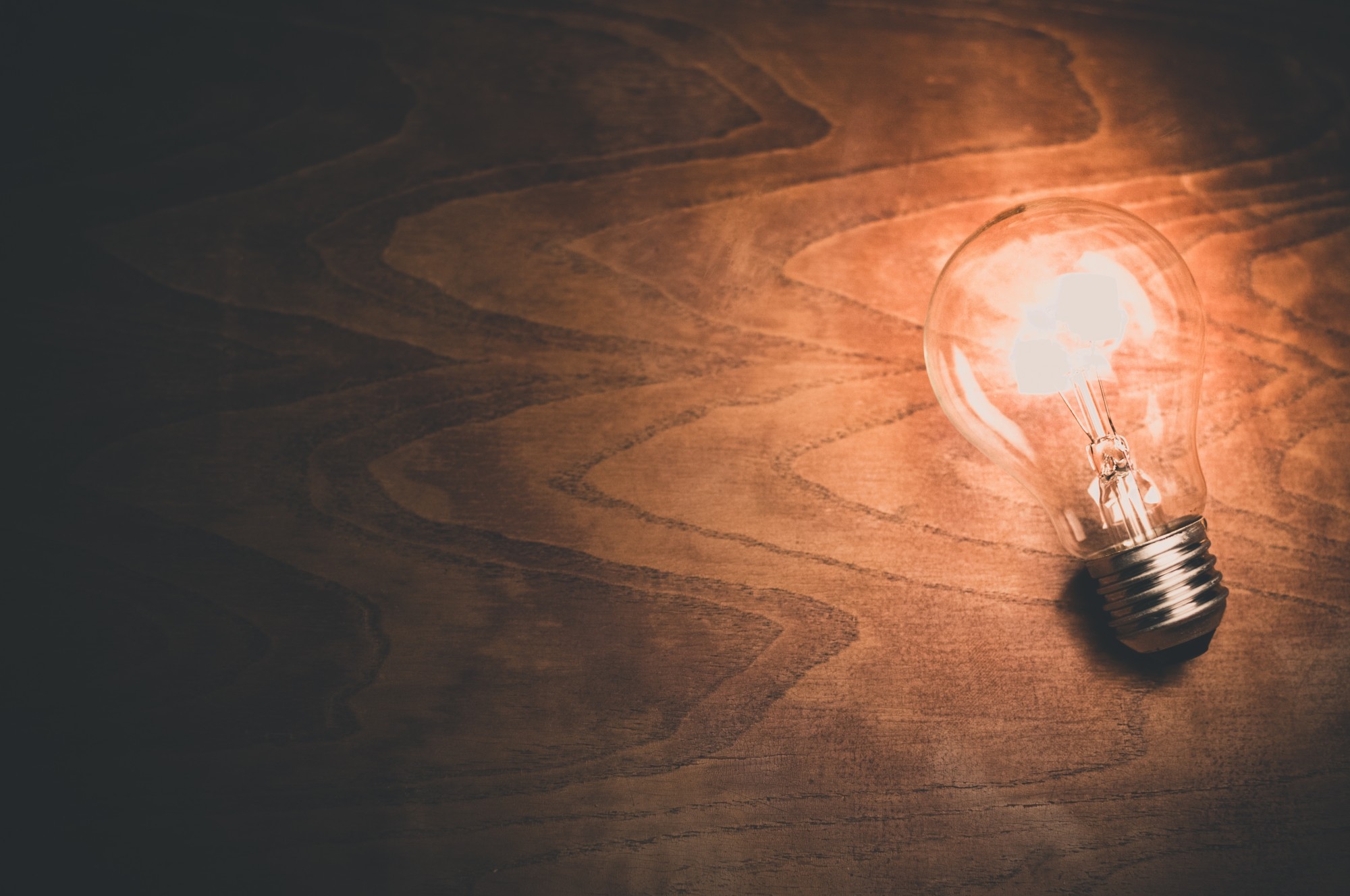Protect Your Power: How to Choose the Right Backup Generator for Home Use
If your governmental or private power source goes down, you’re no longer alone in the dark. In 2022, at least 15% of Americans have backup solutions to provide them with light and other essential household features during power outages.
In this era of unpredictable weather, global pandemics, and social distancing, you need a plan for keeping your power on. A proper emergency generator provides backup power, a comfort zone in times of social distancing, and much-needed peace of mind.
So how do you choose the right backup generator for home use? Keep reading to learn more about the ins and outs of backup generators.
Contents
Consider Size And Wattage
The size of the generator and wattage are important because they will determine how much power you will have in the event of a power outage. A small generator might be enough for running a fridge, a few lights, and charging mobile devices, while a larger generator will provide you with more power and will be able to run several appliances.
Think about the appliances you need to run and the length of time you will need the generator to power them to help you decide what size and wattage you should choose.
Assess Cost
When looking for a backup generator for home use, the cost can often be a primary factor. It is important to take into consideration not only the initial price of the house generator but also the anticipated operational costs. This includes the cost of fuel and repairs.
It is important to ask questions such as how much fuel will be consumed. Doing research, comparing prices, and understanding the associated costs can help one select the right generator for their home use.
Select Features For Maximum Efficiency
A good generator should include features like fuel efficiency, fuel capacity, noise level, electrical outlet options, and rechargeable battery backup. Fuel efficiency is important to consider when looking at options, as generators vary widely in terms of efficiency and the amount of fuel they consume.
Look for a generator that is capable of running multiple electrical appliances during prolonged power outages without running out of fuel. Fuel capacity is also an important factor, as it dictates the length of time the generator can be used during outages. Noise level is another important factor, as louder generators can be disruptive to the peace and quiet in a home.
Once you’re ready to proceed, have a qualified technician for your electric generator installation and inspect it regularly to maintain optimal performance. Always follow the manufacturer’s instructions for operation, cleaning, and maintenance to protect your power and prolong the life of your generator.
Assess Your Power Needs and Capacity for Your Backup Generator for Home
A standby backup generator for the home is the best way to protect you from power outages. With a clear evaluation of your home’s power needs, you will be sure to make the right investment.
Choose a generator with the power capacity and features you need to ensure you’re always prepared for an emergency. Don’t wait until there’s a power outage to get your backup generator, assess your needs now and make the right decision.
Bookmark our site now and come back for more insights and valuable information!

